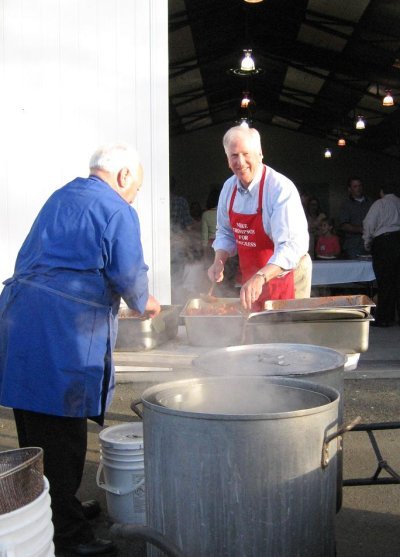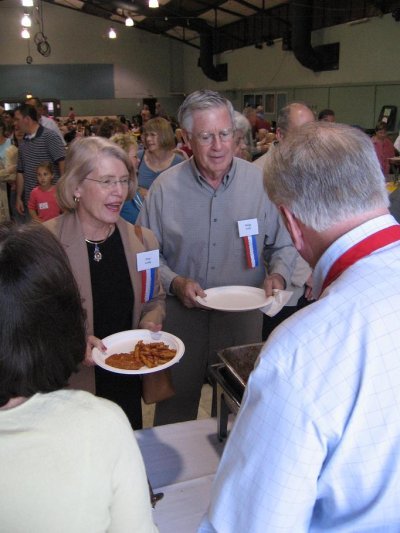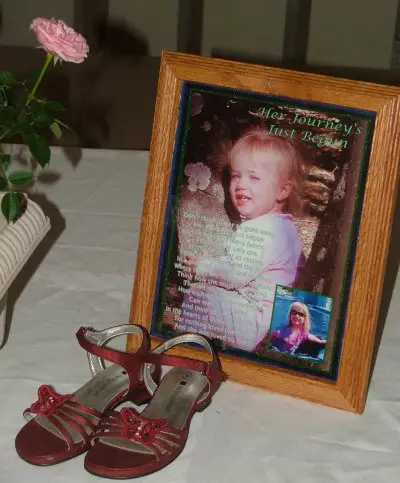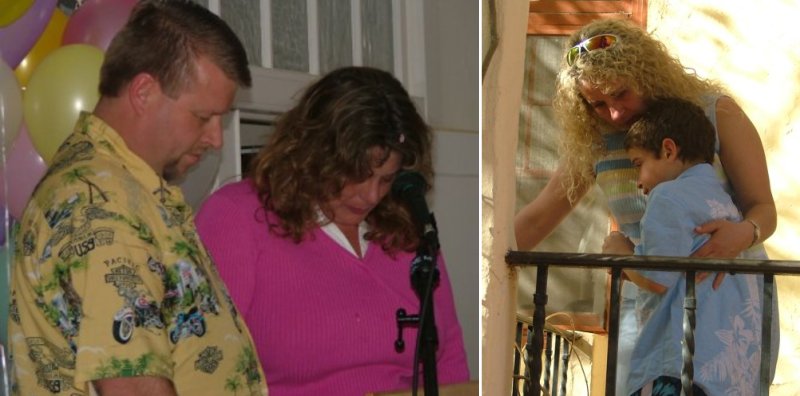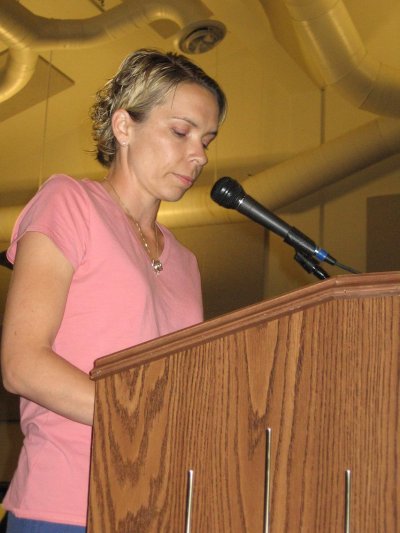- Linda Juntunen
- Posted On
Watershed groups plan April meetings
UPPER CACHE CREEK WATERSHED – March was a productive month for three of the county’s local watershed groups, along with the citizens who live in the Kelsey Creek, Middle Creek, and Scotts Creek watersheds. April may be even better!
The residents of these watersheds proved that they have much more in common than they have differences. Common concerns voiced by citizens in all three watersheds were water quality, fire safety, flood damage, erosion, wildlife habitat, invasive weeds, the preservation of the Clear Lake hitch, development concerns and sustained agriculture land use.
More information is needed on these issues, and who better to provide the answers than the residents of these communities?
Thanks to a grant awarded to the West Lake Resource Conservation District, studies are being conducted in these three watersheds which allow the groups to gather information about both the historical and current conditions of the natural resources in these areas.
These watershed assessments will be used in making management decisions and obtaining funding for restoration, fuel load management, habitat improvement, water quality and various other projects in the future.
The assessments also will contribute current information to the Clear Lake Basin Management Plan; another much-needed document that will be updated and completed, under this grant.
These studies are all essential documents for planning and resource management in our communities. Along with other important uses, they’re a necessary tool for obtaining funding for projects in these watersheds.
They also provide information that will help volunteers plan and complete the tasks they want to accomplish. The grant provides support for the watershed groups in the Upper Cache Creek Watershed.
This grant opportunity is specifically designed for the citizens in each of these watersheds to participate in the process, and help in developing the information that goes into these assessments.
In order to put together the most comprehensive documents possible, it is vital that the local communities participate in these studies. At the March meetings, citizens of these watersheds did just that, and there’s more to be done.
The three watershed groups in the participating areas will be holding meetings in April, and citizens in these areas are once again urged to attend. Now is your chance to share your opinions, your concerns, and your knowledge of the area you live in.
If you reside in the vicinity of Kelsey Creek from Forest Lake on Cobb Mountain to Clear Lake itself, you live in the Kelsey Creek Watershed, and are encouraged to attend the Big Valley CRMP meeting at 6:30 p.m. Tuesday, April 3, at the American Legion Hall, corner of 2nd Street and Gaddy Lane, Kelseyville.
If you live in the vicinity of Clover Creek, Sam Alley Creek, the town of Upper Lake, or the areas near the East Fork and West Fork of Middle Creek to Rodman Slough, you reside in the Middle Creek Watershed. Please make it a point to attend the next meeting of the Middle Creek CRMP at 6:30 p.m. Wednesday, April 11, at the Upper Lake Fire House, 9420 Main St.
If you live in the areas of Saratoga Springs, Witter Springs, Bachelor Valley, Blue Lakes, Scotts Valley, Cow Mountain and Tule Lake to the confluence at Rodman Slough, you live in the Scotts Creek Watershed. The date to mark on your calendar is 6 p.m. Thursday, April 19. The Scotts Creek Watershed Council will host the meeting at the Scotts Valley Women’s Clubhouse, 2298 Hendricks Road, Lakeport.
Greg Dills, watershed coordinator for East Lake and West Lake Resource Conservation Districts, will also be on hand to answer questions and guide the watershed groups through the assessment process.
For clarification’s sake, the term “assessment” has nothing to do with taxes – it is simply an inventory of the current conditions of the watershed.
What do you want your watershed to look like in five, 10 or 50 years? Now is your chance to have a say in the future of your own community, so don’t miss this opportunity to get involved.
Are you interested in helping, but hate going to meetings? There are other ways you can contribute information and support for this project, so don’t hesitate to call.
For questions or additional information on how you can help, call Dills at 263-4180, Extension 12, or Linda Juntunen at 263-4180, Extension 16.
{mos_sb_discuss:2}

